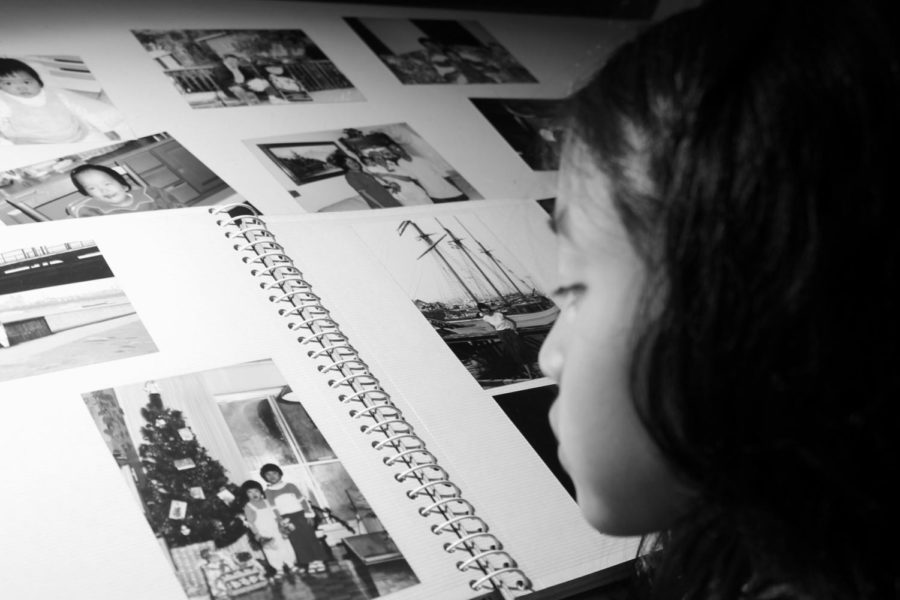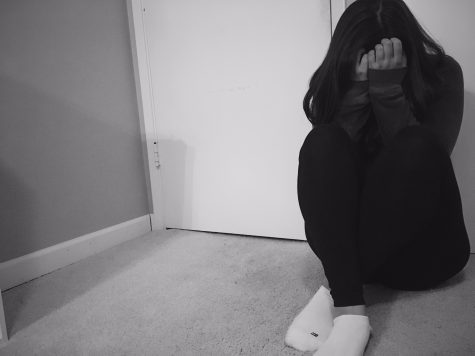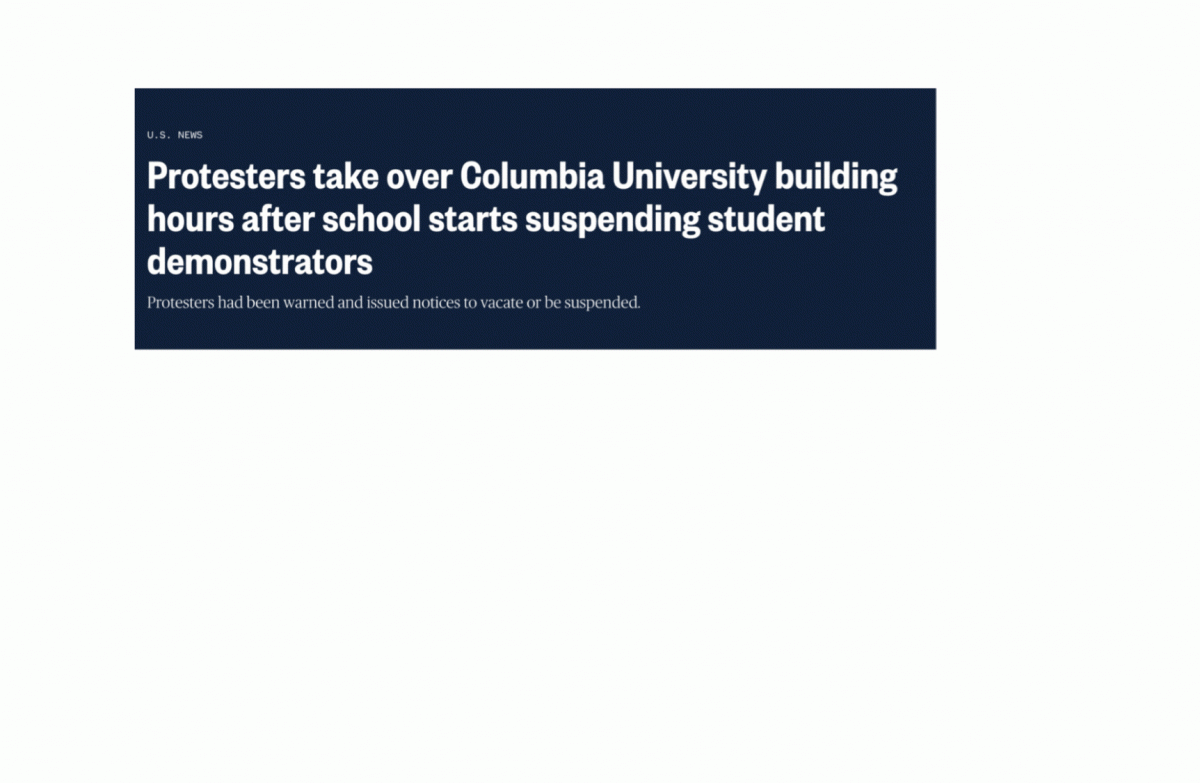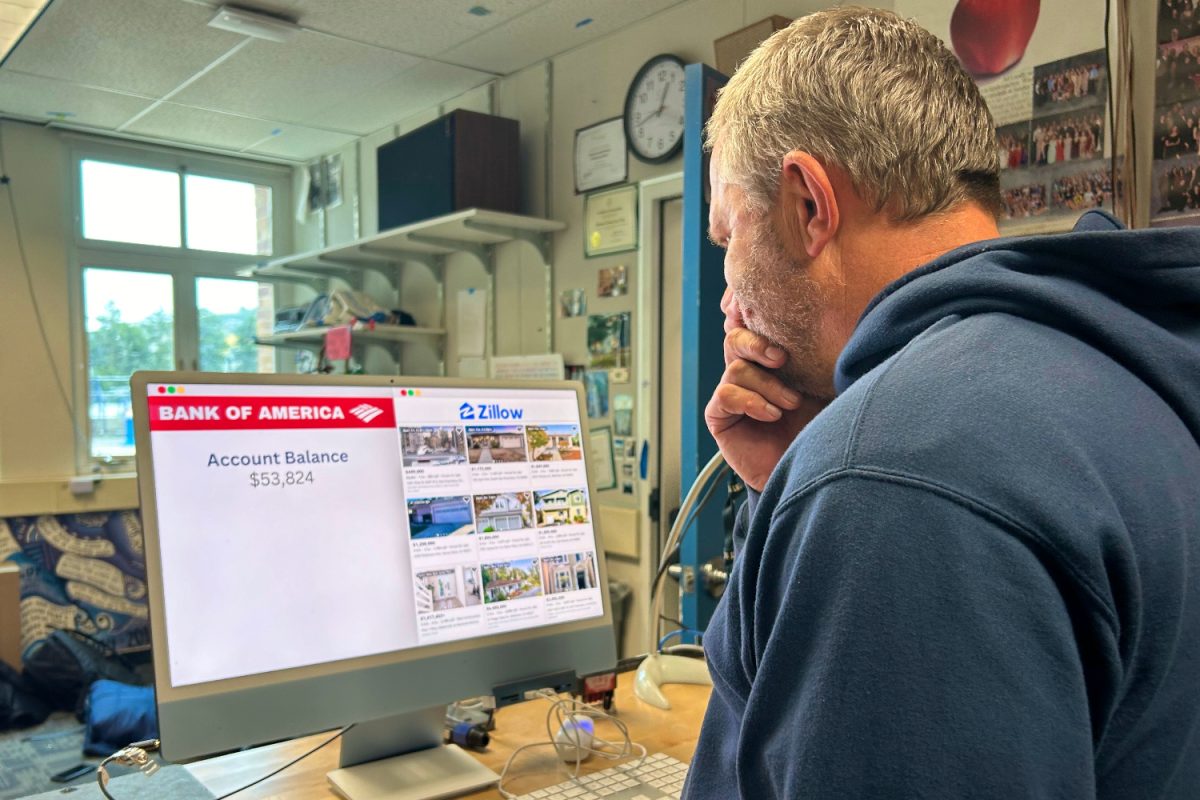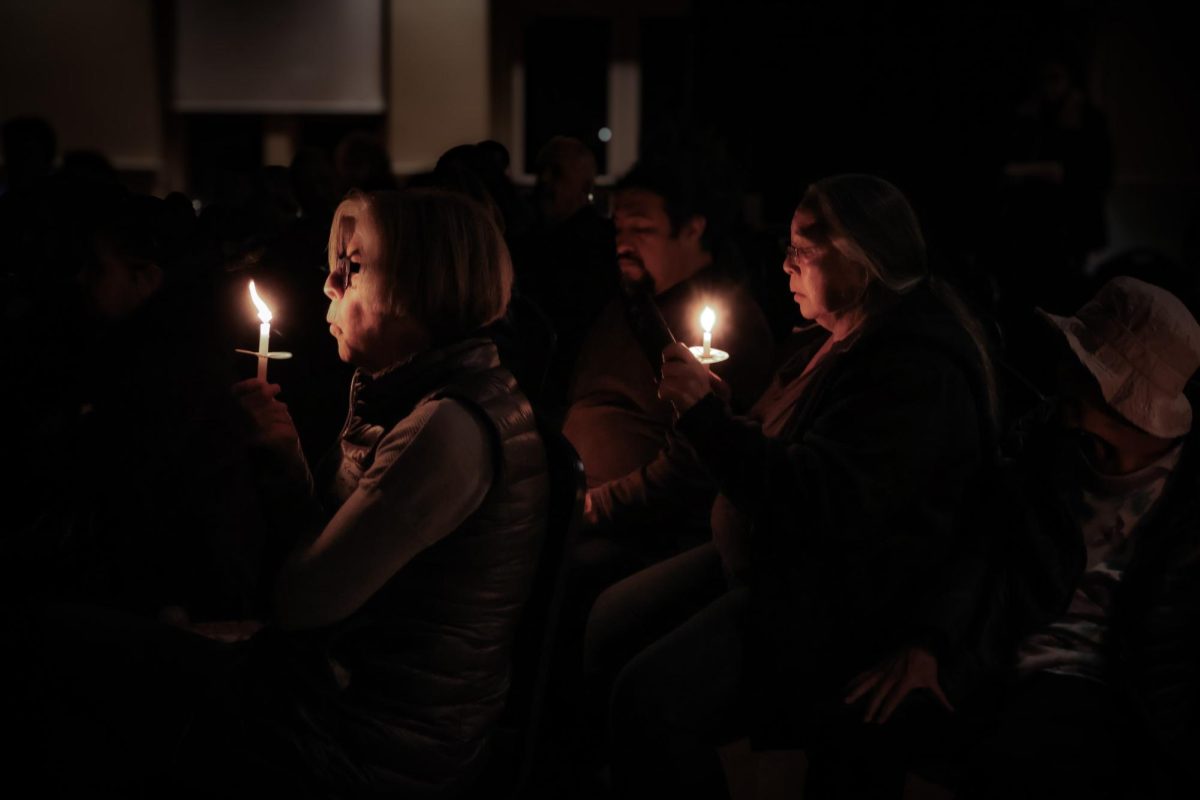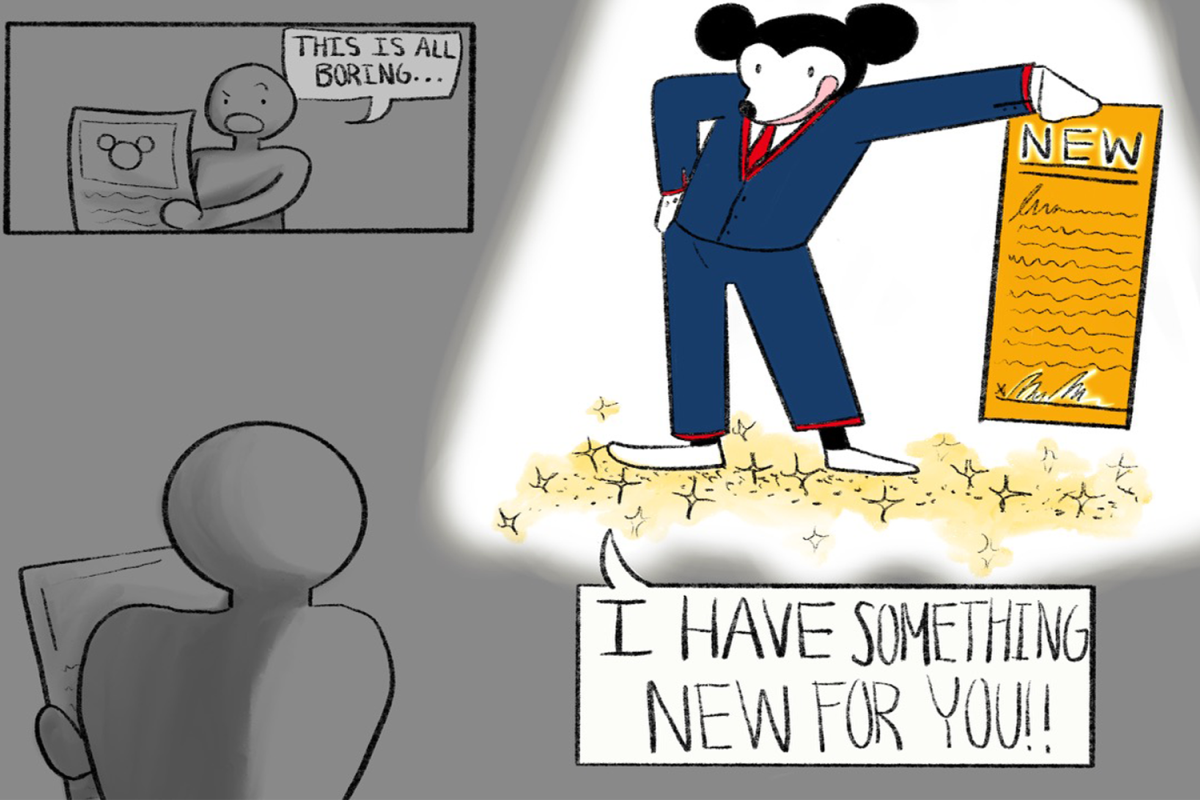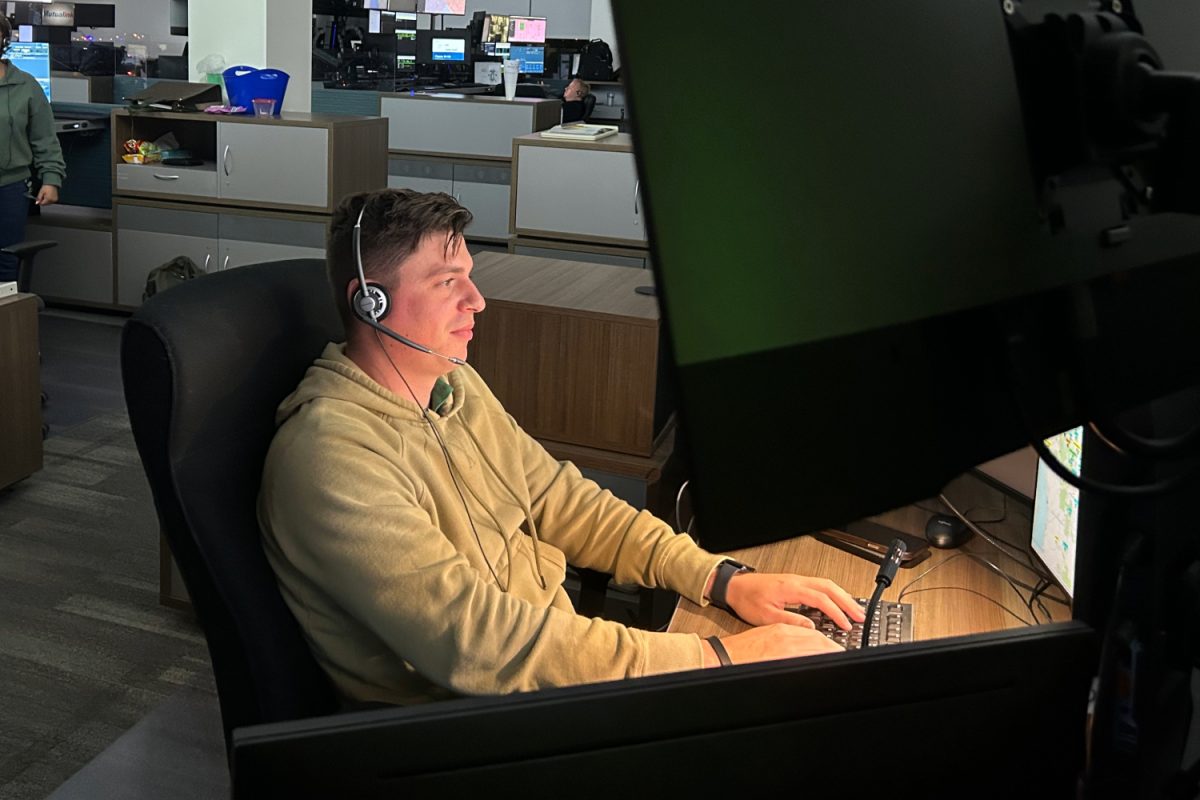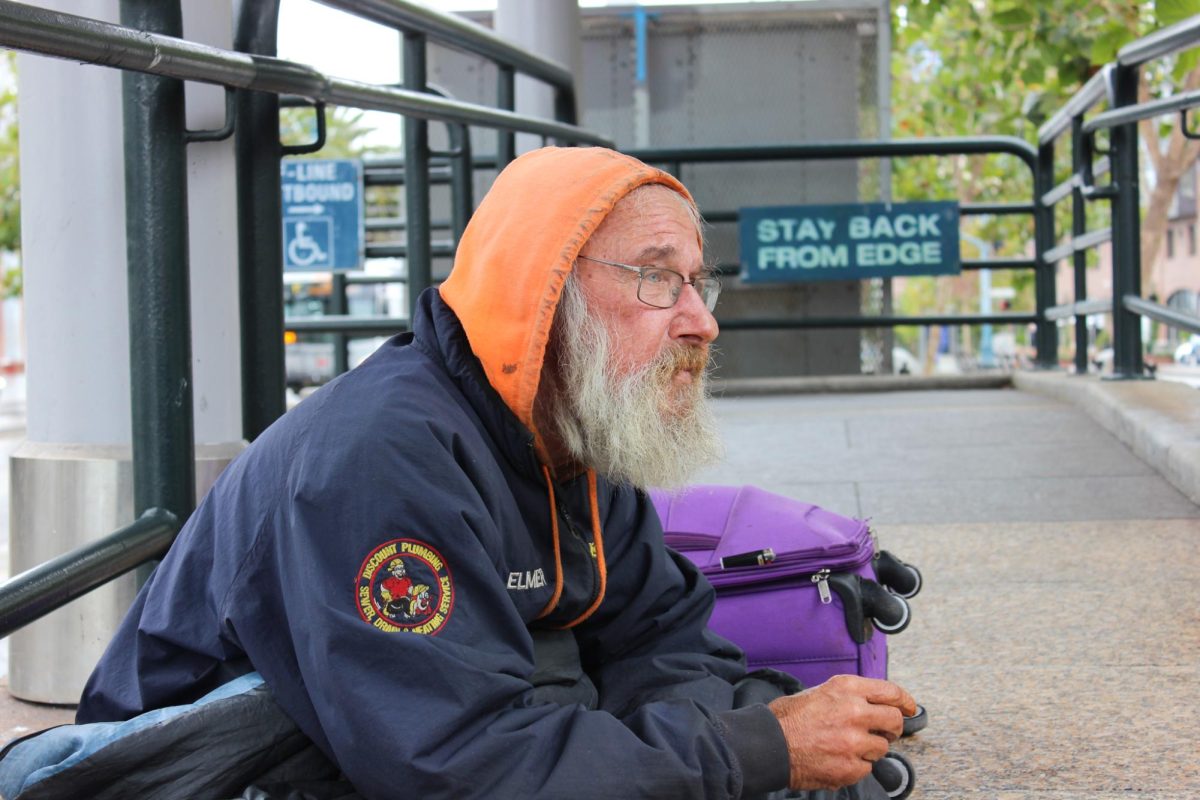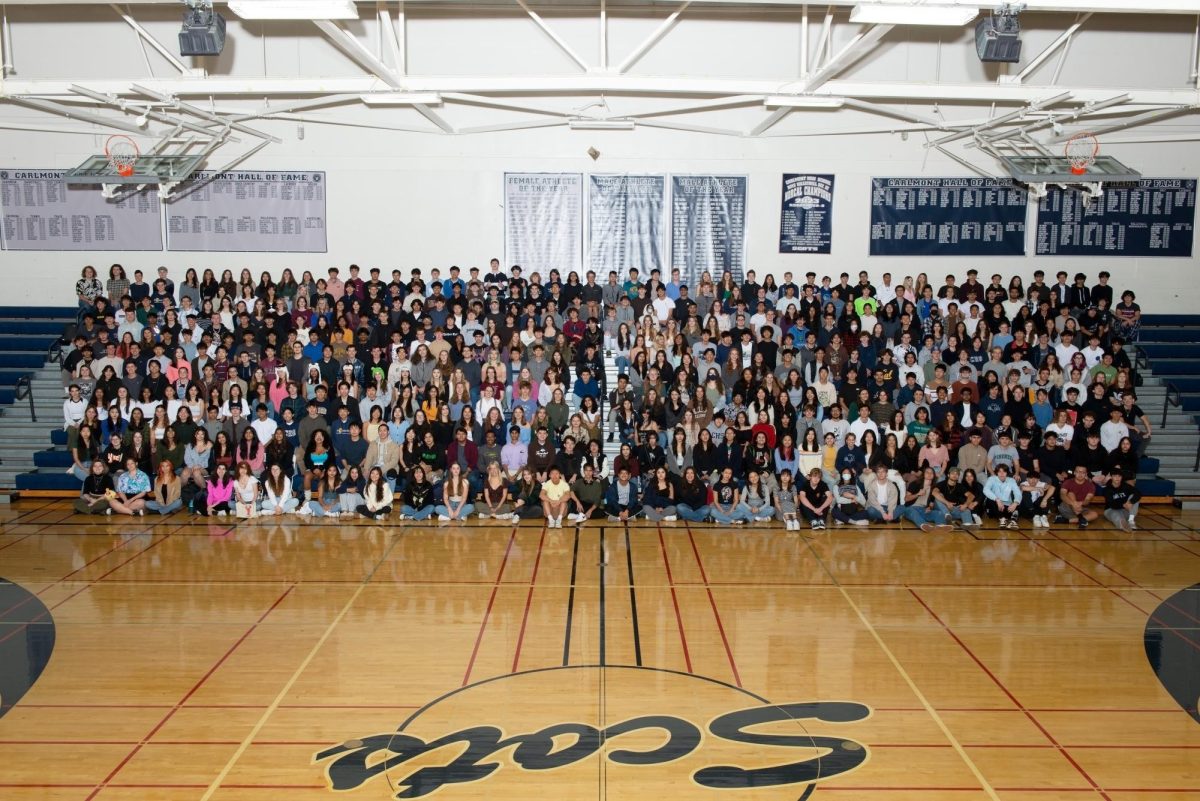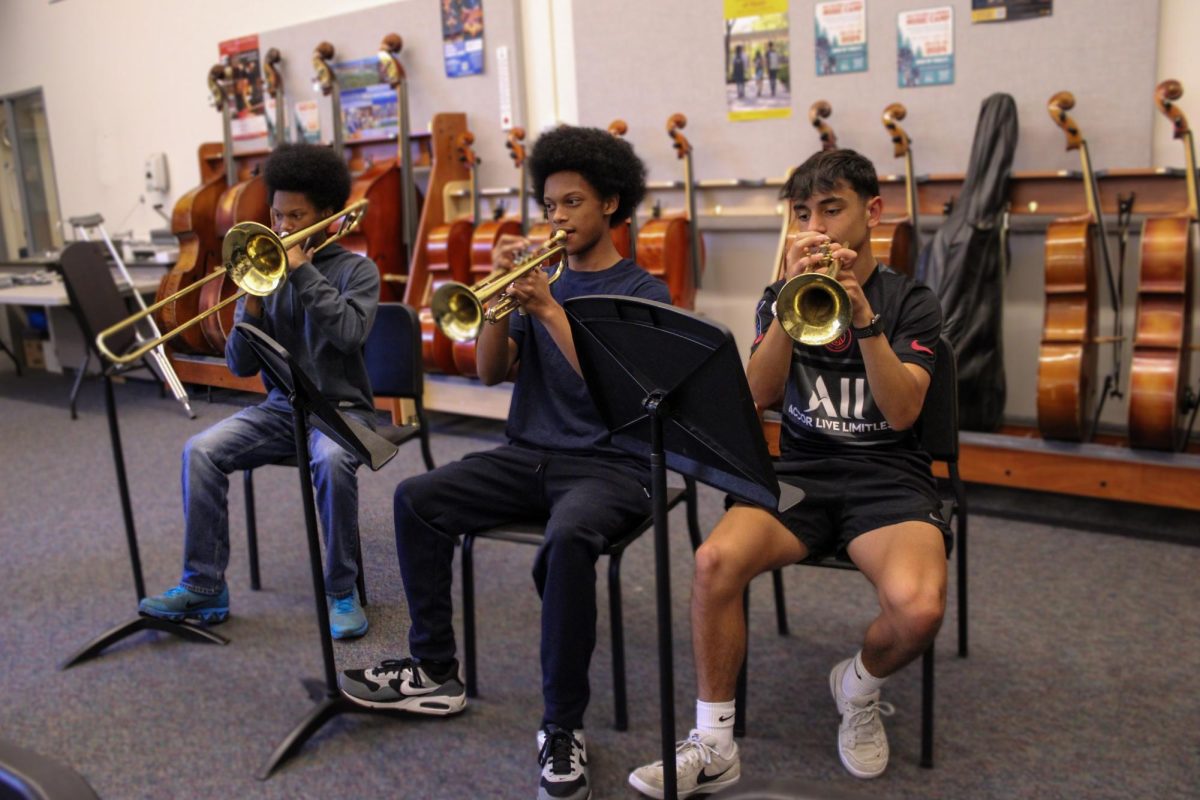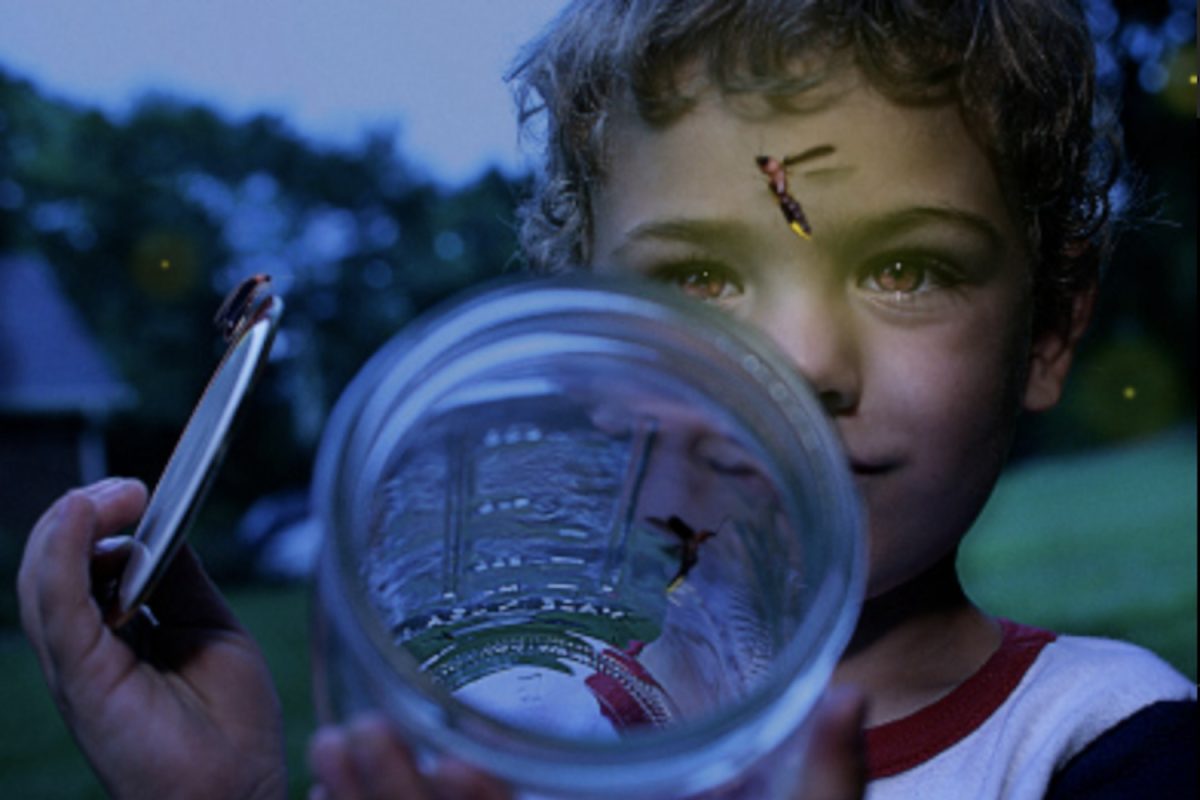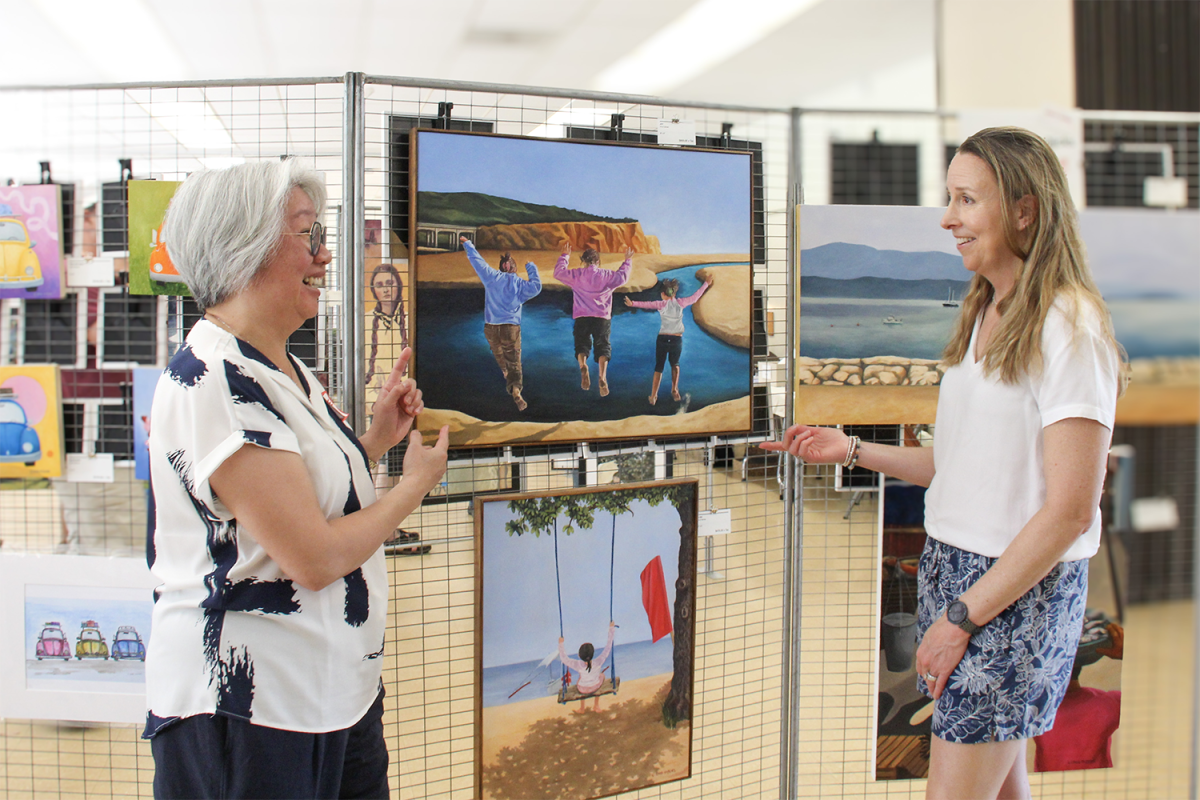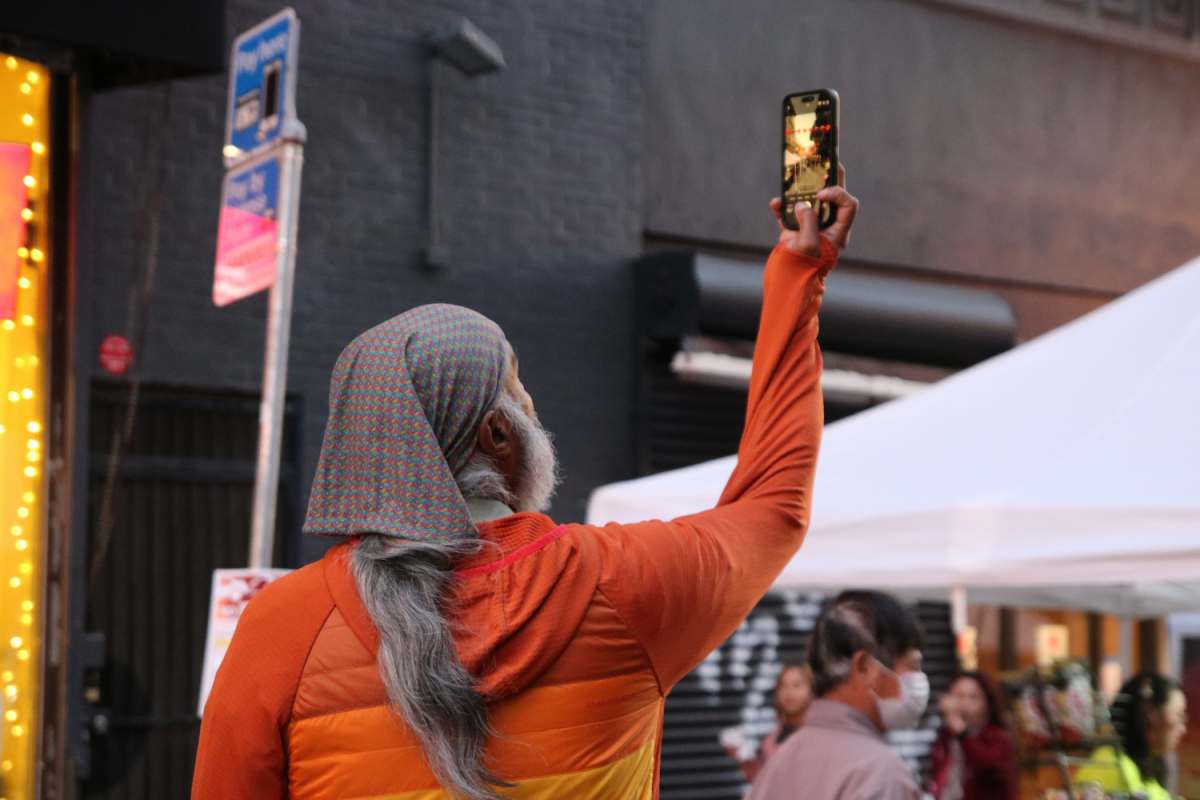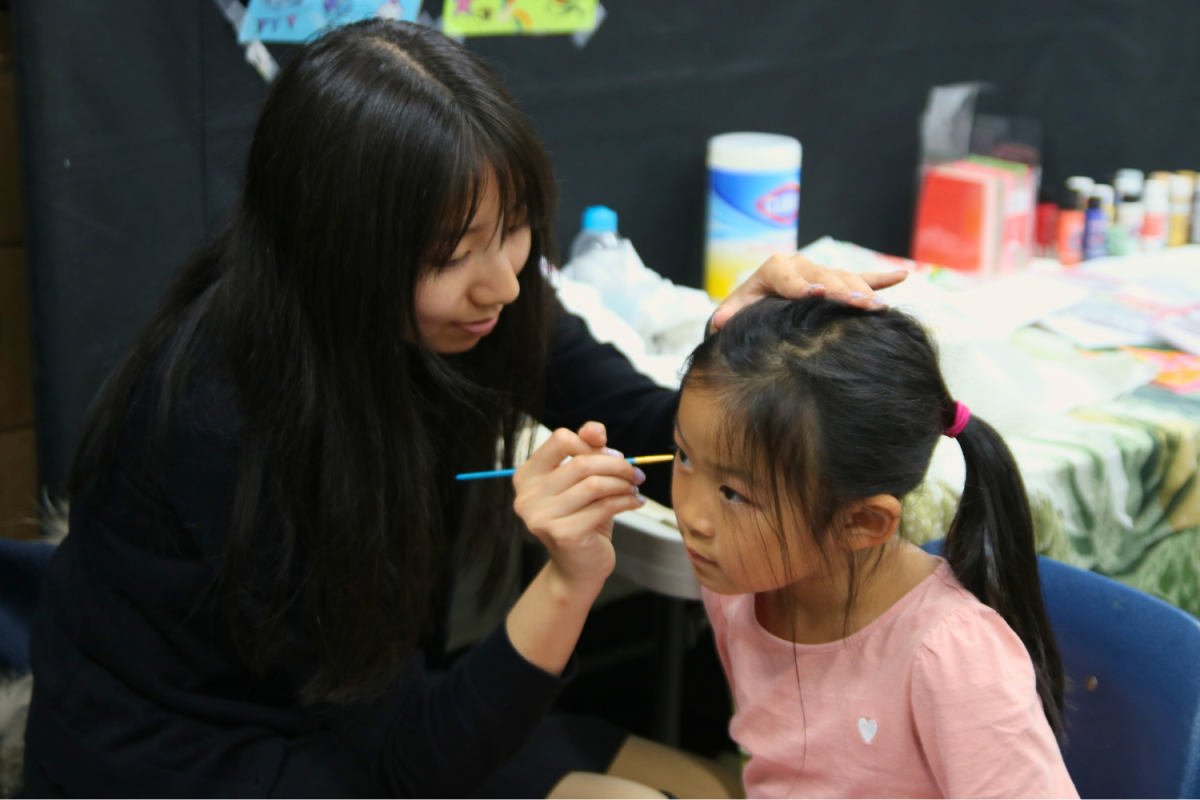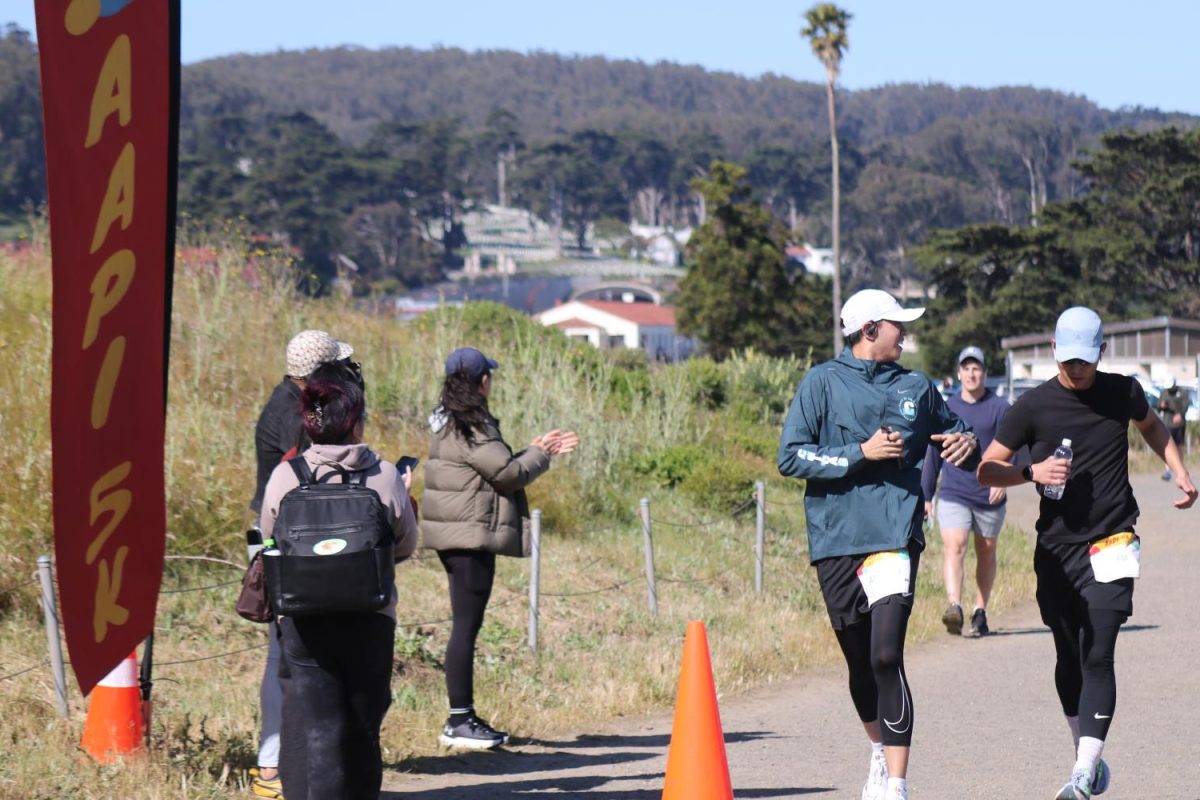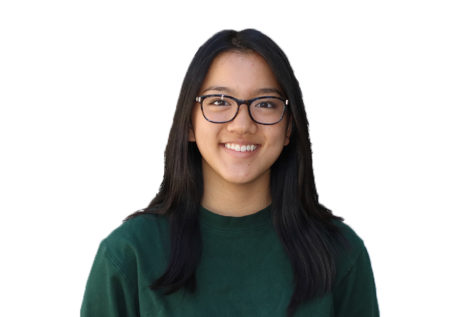The sky beams blue as Jessica scrambles around the playground, trying to not be tagged by Cole, the lava monster. Just as Cole reaches out to tag Jessica’s hand, his mother calls him over, signaling that playtime is over.
Jessica peers over at her, eyes instantly glazed with confusion. Cole’s mother is African American, but Cole is white. This can’t be right. It doesn’t make sense. Cole senses the tension from Jessica’s scrunched up facial expression, questions forming in her eyes. Cole instantly backs away, ashamed of his presence.
The assumption of biological parental identity can take a toll on an adopted child’s mental health.
Jordan English is an African American adoptee of a European family. English has fought her whole life to separate herself from the impressions many may at first perceive her to be.
“People sometimes view me as white washed before they get to know me. People also sometimes are surprised when they see me with my family. Sometimes people don’t even believe it or just think I am a friend of the family. People also sometimes ask if I have a dual citizenship,” English said.
In reference to Time, more than 40 percent of adoptions are transracial, while 21 percent of children are black, and 47 percent are white. English has considered visiting her home country, Ethiopia, but fears that her experience will be painful.
“For a long period of time, I felt like I didn’t belong. It’s harder especially in Belmont and even in Silicon Valley to connect with other African Americans. I’ve overcome feeling a sense of not belonging because my family has always been here to support me and make me feel a part of the family as much as anyone else, and they are always there to talk,” English said.
In particular, the United States has openly struggled to maintain international connections with other countries, leading to a decline in the total of international adoptions. China, Russia, Guatemala, South Korea, and Ethiopia have recorded an 88 percent decrease in the number of adoptions since 2004.
“Although I do feel very grateful for having this privilege, it doesn’t change who I am even though others think it does. It doesn’t change the fact that I am still an African American in America. Adoption hasn’t molded me to abandon that part of who I am,” English said.
Today’s modern society intertwines with typical stereotypes. The automatic conception and stigma of adoption have joint positives and negatives.
“People have asked me questions before that can make me uncomfortable. Like, ‘Are you mad at your biological parents because they abandoned you?’ or, ‘Do you hate your parents now?’” said Sara Marylander, who was adopted from China at the age of one.
According to the Institute for Family Studies, the performance of adopted children in school are worse than biological children, as they are more likely to experience mental health struggles.
“Sometimes it makes me feel uncomfortable and awkward like I am an ‘outsider,’” Marylander said.
Research conducted by The Claudia Black Young Adult Center has discovered that about 12 to 14 percent of adopted children in the U.S. between the ages of 8 to 18 are diagnosed with a mental health disorder each year. Adopted children are also twice as likely to suffer from depression, anxiety, and behavioral issues than children from biological parents.
Despite the disadvantages, Helen Fong said, “Having a family and to help provide homes for orphans who don’t have a family on their own. You are helping yourself and you are helping another child as well.”
Studies have shown that in modern society, the acknowledgment of one being adopted is encouraged.
“Adoption doesn’t make me think of life differently, but I am really grateful for the privileges I have and get because I was adopted,” said Evynne Yee, who was also adopted from China when she was one year old.
An adopted child’s emotional connection to their past may play a large role in their mindset, as the often unknown identity of their biological parents is brought up.
“I think it is important to remember where I came from, so when I visited my orphanage I was very thankful, but at the same time, I have no memory of my past. Although I was born in China, the U.S. is my home,” said Sophia Fong, the adopted daughter of Helen Fong.
Many children who are adopted participate in DNA testing in an attempt to determine their biological parents, however, the process is not easy. The procedure spans over a period of months and may result in a dead end.
“I definitely have wondered about my biological parents but there isn’t much information to go off of. I have taken a DNA test, but it didn’t give me biological family members, maybe because not enough people shared their DNA to find matches,” English said.
For parents interested in adopting, some may find challenges in fulfilling the new role. For example, they may not know the gender of their child, when they are able to legally be allowed to adopt, or where the connection will be there if they do.
“You do not know if you can bond with the child. You do not go through those nine months of motherly bonding in the tummy. As he or she grows up, they may suffer from loss or anxiety,” said Helen Fong.
Studies display that the greatest cause for a couple to contemplate adoption is due to infertility. According to American Adoptions, about 6.1 million couples in the United States experience difficulty conceiving.
“In terms of adoption, sometimes from other parent’s end, they look at you a little differently,” said John Fong, an American adoptive parent, who is a father to Sophia Fong and husband to Helen Fong.
However, data from Considering Adoption states that 85 percent of adopted children are in excellent health, and are more likely to live in a safer neighborhood than those who are non-adopted.
Indeed, the stigma of adoption is an ongoing habit which may affect the self-esteem of many, however, continues to raise awareness for the opportunities and possibilities of adoption.
“I have no regrets. Adoption has been one of the greatest things of my life,” John Fong said.


